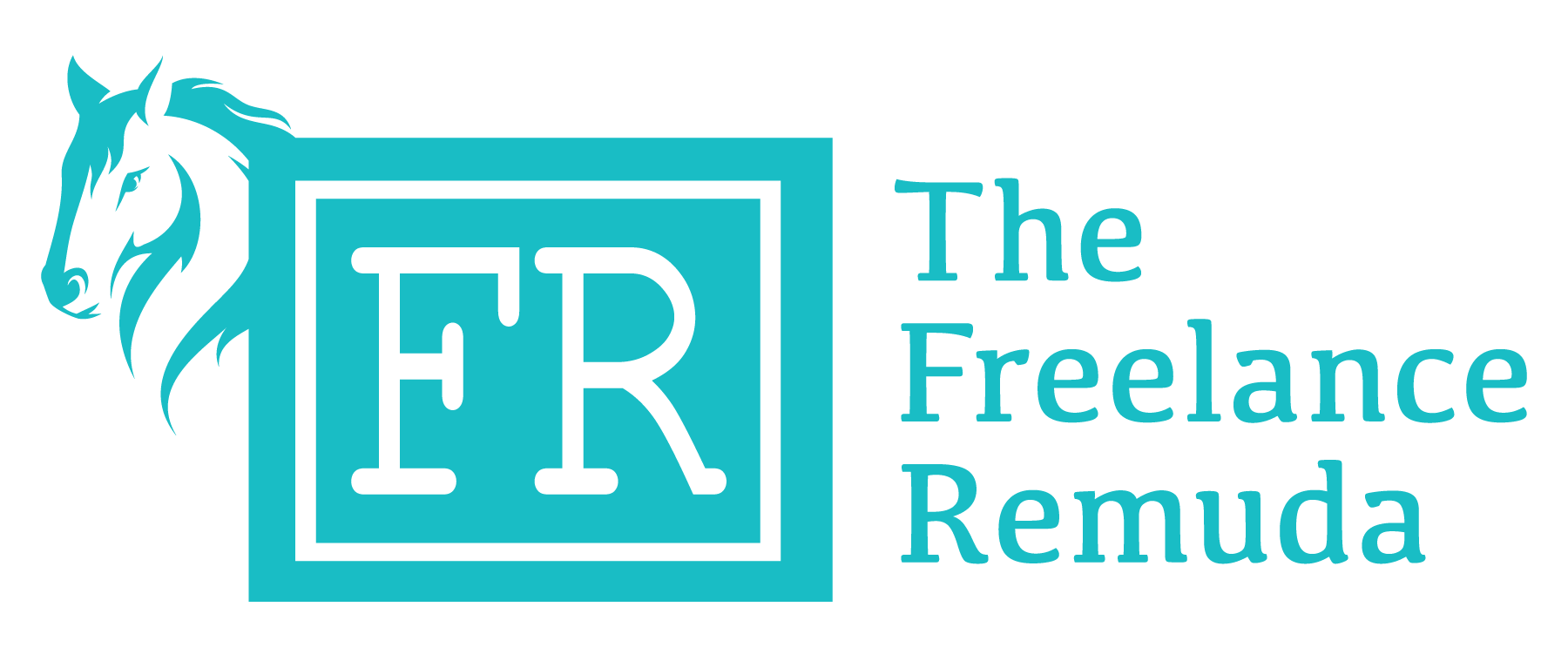Freelancer end-of-year tax preparation with CPA Joshua Reagan
As 2023 draws to a close, many of us who are freelancers are considering our finances, particularly when it comes to tax liability. If you’ve got a Certified Public Accountant you work with, you’ll probably want to meet with them soon. If you’ve not thought about taxes before the year ends, after reading this blog post from CPA Joshua Reagan of Groce Law Firm, you might change your mind! Thank you Joshua for participating in a Q&A session for the Freelance Remuda blog!
Freelance Remuda: What numbers should a freelancer be looking at? Why now and not wait till next spring?
Joshua: When a freelancer is preparing for taxes, I think the first thing they should be looking at is where the money is coming and going. Everything that was deposited should be separated into two categories:
Income – any money received for services or goods
Contributions – personal funds or loans
Then, everything that was debited should be put into two categories:
Expenses – money spent toward the goal of earning income
Distributions – money taken out for personal use or living expenses
It’s not difficult to determine what is classified as income, but expenses can be confusing sometimes. The IRS classifies them as “necessary and usual” to conduct business. A good starting point is to ask the question, “could I make money if I didn’t have that expense?”. If the answer is no, then this is a necessary expense.
Usual expenses are more nuanced and can vary by industry. This is where I would contact an expert in the field, such as a Tax Attorney, Enrolled Agent (EA), or CPA to help answer those questions.
There are a few reasons to start now instead of later. The first (and most important) reason is that when the year is over, it is too late to make any real changes. If there is something that can be done to better your tax scenario, it needs to be done in the same calendar year. The second reason is that the tax accounting field is in increasingly high demand. Getting an earlier consultation will ensure you can get good advice from a qualified expert.
Freelance Remuda: Should they meet with a CPA? What would be the benefit?
Joshua: This really depends on where they are in their journey. When it comes to freelance work, EA’s and CPA’s can often find deductions that the freelancer may not have on their radar. However, they will have to weigh the cost-benefit. For someone in the early stages, they could certainly benefit by getting a better understanding of their tax situation, in general, but there are also some free resources for people with lower income, to help them stay compliant with taxes. As income or complexity increases, it is certainly worthwhile to consult a tax expert, not only for tax savings, but for audit defense.
Freelance Remuda: Is there anything they should be doing now before the end of the year to be better prepared for filing taxes?
Joshua: The best way to reduce their taxes due is through organization before the year is over. If they can simply by using a bank account and/or credit cards that are exclusively for their business, it makes staying on top of their income and expenses so much easier. This will also help defend them in the event of audit. Keeping good information is key to optimizing anyone’s tax scenario. Track everything related to cash flow as best as possible. Anything that’s uncertain, document what it is to you and put in the “Ask My Accountant” file.
Freelance Remuda": Are there any websites/resources available for freelancers to help prepare for taxes?
Joshua: Manage Taxes for Your Gig Work | Internal Revenue Service (irs.gov)
This is a good starting place to help get a grasp of what it means to be self-employed and how it affects your taxes. At the bottom are resources to help stay compliant and a link for free filing for low-income earners

